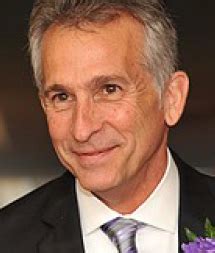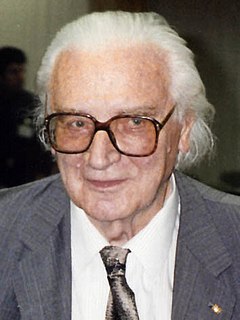A Quote by Richard F. Heck
To borrow from Mark Twain, I tend to think that reports of the death of supervaluationist approaches have been greatly exaggerated. The arguments that have been given against supervaluationism usually aim to show that it is just incoherent. But it's not. It may be false, as a general theory of vagueness, but it's a coherent and, I think, even correct way to think about some vagueness.
Related Quotes
Think about Kennedy. Think about Carter. Think about Clinton. Think about Obama. They've all been in their forties and from outside Washington, or underdogs in one way or another. I just think that Americans are looking everywhere, saying, 'Hey, show me some authenticity. Show me somebody who's practical. Show me people who run things.'
Kantians are saddled with absolutist views, Aristotelians are accused of vagueness, and there is almost no horror to which Consequentialists are innocent of, according to some critics. While all these families of views have been victimized in these ways, Consequentialists have gotten the worst of it. I think this may have something to do with the fact that Kant and Aristotle are acknowledged to be great philosophers, and we tend to read the greats sympathetically, while Consequentialism is a family of views not rooted in the work of a single great man to whom this kind of deference is owed.
Of course, we knew that the official reports were sketchy, if not falsified. But, in terms of information theory, this is precisely where the problem lay: How were we to reconstruct reality from incomplete or false reports? It is not true that virtually all news in a totalitarian state is false. On the contrary, most news is completely correct, albeit tendentiously slanded; it is just that certain information is suppressed. One can adjust for the political slanting of the news, but there is virtually no way to fill in the omissions.
I think we waste a lot of time trying to convince other people that we're right. A lot of times we don't actually care what another person thinks, we just want to say what we think. To hear it reflected back to us and that we're okay, to hear that we have been understood and that we're correct - so that we can continue to be who we are in the ways we've been being, and we have nothing to feel bad about and everything is just fine. Even if what we're talking about is, like, police brutality.
To write or even speak English is not a science but an art. There are no reliable words. Whoever writes English is involved in a struggle that never lets up even for a sentence. He is struggling against vagueness, against obscurity, against the lure of the decorative adjective, against the encroachment of Latin and Greek, and, above all, against the worn-out phrases and dead metaphors with which the language is cluttered up.
I think it's worrisome that Barack Obama actually contributed to the bifurcation of our society. I don't think that he made nearly enough effort to be a uniter. And there's, I think, been a backlash against him, and some of that has been reflected in Trump's success. And I think it's really sad, and that's part of Obama's legacy.































